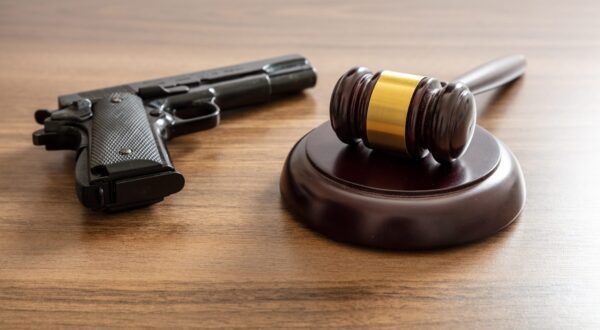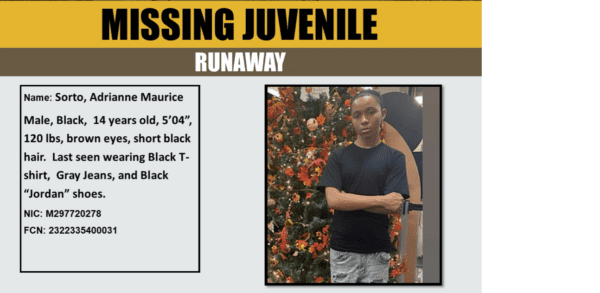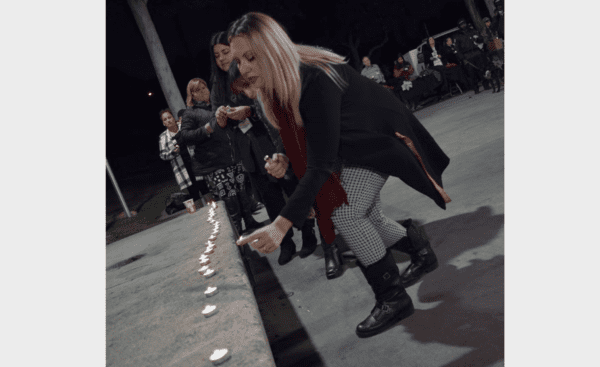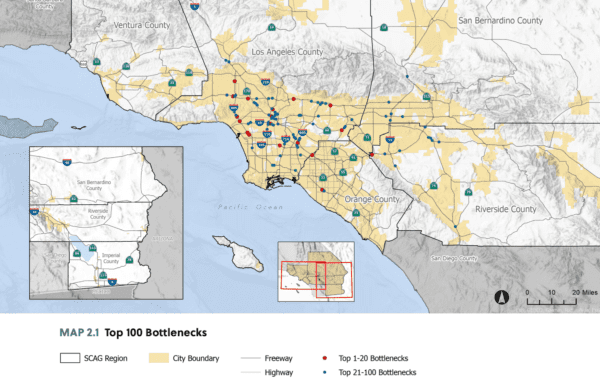Portions of a state law that would have banned carrying guns in most public places was blocked Wednesday by a Santa Ana federal judge, who ruled it violated the Second Amendment of the U.S. Constitution.
U.S. District Judge Cormac J. Carney wrote that Senate Bill 2’s “coverage is sweeping, repugnant to the Second Amendment, and openly defiant of the Supreme Court.”
Gov. Gavin Newsom, who signed the bill into law Sept. 26, said in a statement, “Defying common sense, this ruling outrageously calls California’s data-backed gun safety efforts ‘repugnant.’ What is repugnant is this ruling, which greenlights the proliferation of guns in our hospitals, libraries, and children’s playgrounds — spaces which should be safe for all.”
The law, which goes into effect Jan. 1, bans licensed gun carriers from having their firearms on public transportation, at public gatherings and special events, in parks and at playgrounds, in stadiums, arenas and casinos, in medical facilities, religious institutions or financial institutions, anywhere that liquor is sold and consumed, in all other private commercial spaces where the owner has not explicitly posted a sign to the contrary, and in many parking areas, among other places.
The law was considered a workaround to the U.S. Supreme Court’s 2022 ruling in New York State Rifle & Pistol Assn. vs. Bruen, which held that sweeping restrictions on licensed gun holders to carry their weapons in public were unconstitutional, in part because they stripped those people of their constitutional right to self-defense.
In his ruling Wednesday, Carney, an appointee of President George W. Bush, said the new law went too far “as the `sensitive places’ exception cited by the Supreme Court had to do with relatively few, historically restricted places, not most public spaces in society.”
Carney said an injunction against the law taking effect as litigation in the case continues was warranted because those suing the state over the measure are likely to win their case and would suffer “irreparable harm” if they weren’t allowed to carry their firearms in the meantime.
Carney also said that focusing new gun restrictions on people who have permits to carry guns in the state made little sense from his perspective.
“Although the government may have some valid safety concerns, legislation regulating (concealed carry) permitholders — the most responsible of law abiding citizens seeking to exercise their Second Amendment rights — seems an odd and misguided place to focus to address those safety concerns,” Carney wrote.
“They have been through a vigorous vetting and training process following their application to carry a concealed handgun,” he wrote. “The challenged SB 2 provisions unconstitutionally deprive this group of their constitutional right to carry a handgun in public for self-defense.”
Carney’s order applies to the “sensitive places” restrictions of SB 2 and does not apply to other parts of the new law that have to do with permitting rules.
California Attorney General Rob Bonta said his office will file an appeal of Carney’s decision.
“If allowed to stand, this decision would endanger communities by allowing guns in places where families and children gather,” Bonta said in a statement. “Guns in sensitive public places do not make our communities safer, but rather the opposite.
“More guns in more sensitive places makes the public less safe; the data supports it. I have directed my team to file an appeal to overturn this decision. We believe the court got this wrong, and that SB 2 adheres to the guidelines set by the Supreme Court in Bruen. We will seek the opinion of the appellate court to make it right.”
Chuck Michel, an attorney for the plaintiffs who sued the state to block the measure, praised Carney’s ruling.
“California anti-gun owner politicians refuse to accept the Supreme Court’s mandate from the Bruen case and are trying every creative ploy they can imagine to get around it,” Michel said in a statement.
“This law was an attempt to make permits to carry a firearm to defend yourself or your family useless because permit holders wouldn’t be able to drive across town without passing through a prohibited area and breaking the law.”







